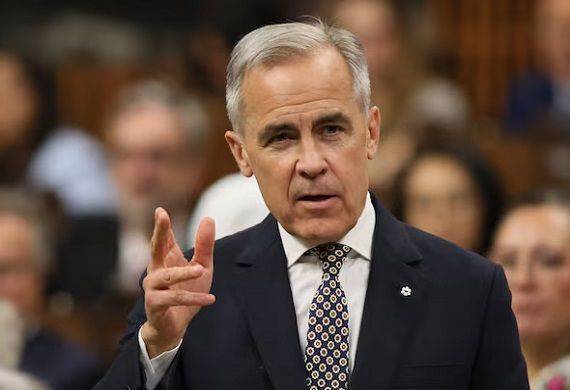Nine Canadian First Nations Take Legal Action Against Laws Speeding Up Major Projects
By Global Leaders Insights Team | Jul 16, 2025

Nine First Nations in Ontario are fighting back against new provincial and federal laws that aim to fast-track big infrastructure projects like mines and oil pipelines. They’ve filed a lawsuit in Ontario Superior Court, saying these laws violate their rights and ignore the government’s legal duties to consult with Indigenous communities.
The laws in question are Ontario’s Bill 5 and the federal Bill C-5. Bill 5 allows the creation of “special economic zones” where normal provincial and local rules can be set aside. Bill C-5 lets the government skip regulations for projects labeled as being in the “national interest.”
The First Nations involved—Alderville, Apitipi Anicinapek, Aroland, Attawapiskat, Fort Albany, Ginoogaming, Kitchenuhmaykoosib Inninuwug, Oneida Nation of the Thames, and Wabauskang—say these laws threaten their ability to have a say in what happens on their lands and undermine efforts to build better relationships with Indigenous peoples.
- Nine Ontario First Nations Sue Over Bills Fast-Tracking Projects, Citing Rights Violations
- First Nations Challenge Ontario’s Bill 5 and Federal Bill C-5 in Landmark Lawsuit
- Indigenous Communities Take Legal Stand Against Laws Bypassing Consultation on Land Use
The lawsuit claims these laws are a “clear and present danger” to Indigenous rights, ignoring proper consultation and environmental protections. Chief Sylvia Koostachin-Metatawabin of Attawapiskat First Nation said, “Pushing through major projects without understanding the consequences is risky for our lands and our future.” Chief Todd Cornelius of Oneida Nation of the Thames added, “We’re not against development, but it has to be done the right way.”
The First Nations argue that the laws violate their rights to life, liberty, security, and equality under Canada’s Charter. They’re asking the court for an injunction to stop the most harmful parts of these laws. While both the Ontario and federal governments say they’re committed to working with Indigenous communities, the First Nations feel these promises fall short.
Also Read: Japanese Election Shaken by Anti-Immigrant Party's Rise
This case highlights the ongoing struggle between economic growth and Indigenous rights, and it could have a big impact on Canada’s approach to reconciliation. The First Nations will share more details at a press conference on Wednesday.


.jpg)